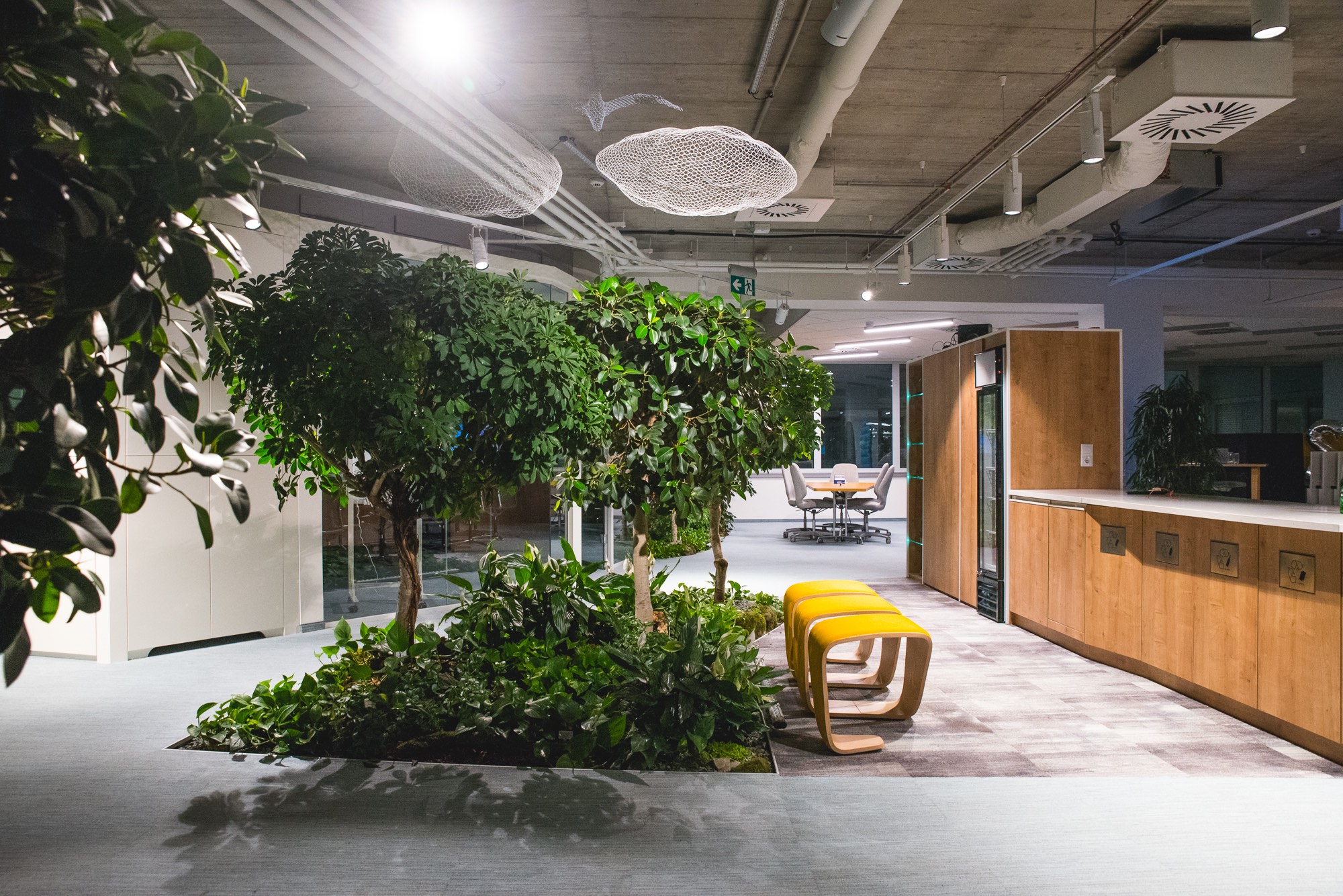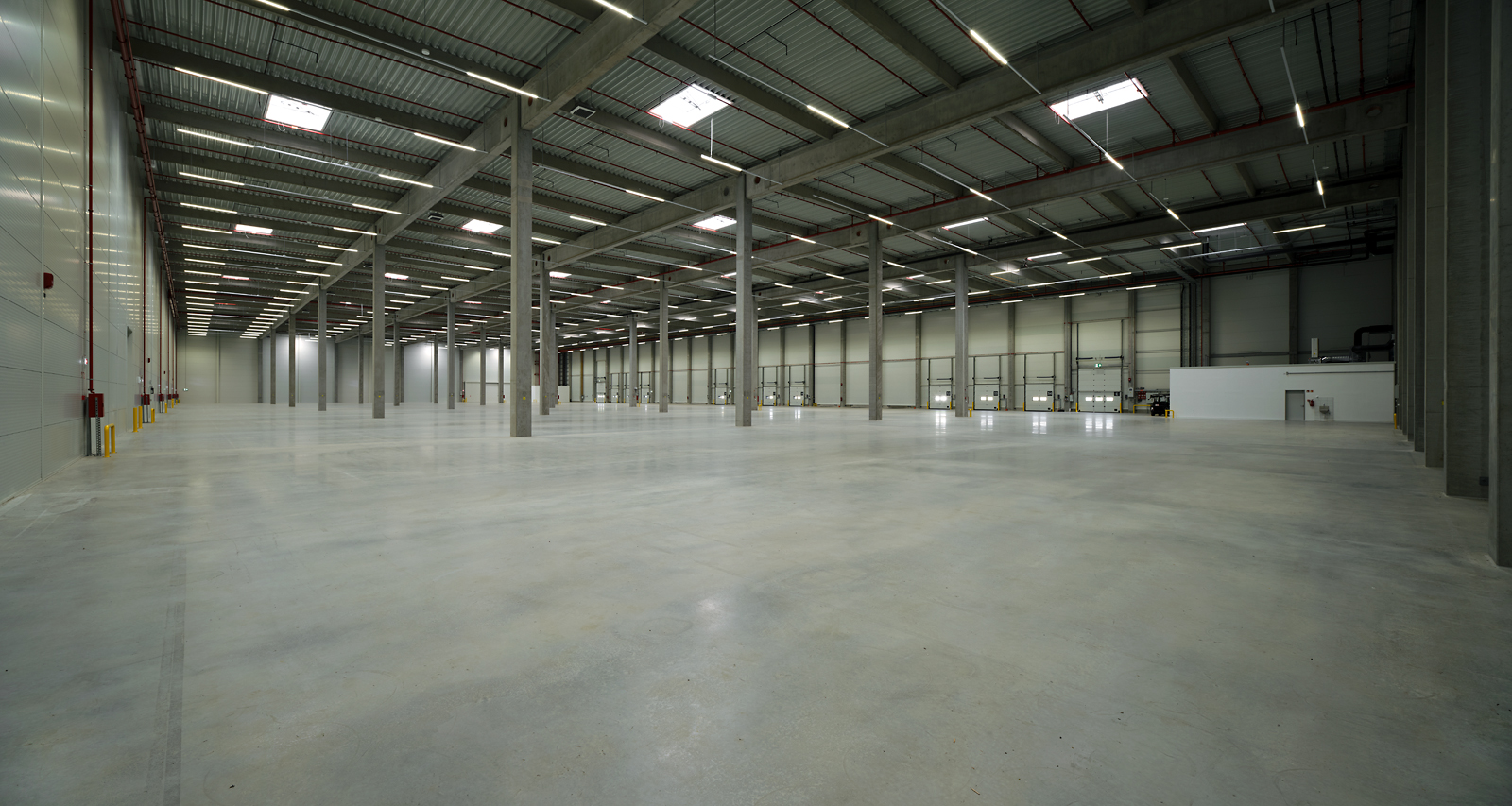Green Transition Comes with Challenges, Many Long-term Benefits

Károly Kovács, the project leader for the GreenTech Zalaegerszeg sustainability conference.
Photo by Péter Seres.
As Europe grapples with its energy crisis, more businesses in Hungary are thinking about making their operations greener and more sustainable. What can they do, and what should they expect? The Budapest Business Journal talked with Károly Kovács, the man behind one of the leading sustainability conferences in Hungary.
Greener operations have been rising on businesses’ agendas as the understanding grows that there are commercial benefits to be found. Running a more sustainable business can cut costs, improve output efficiency, drive better revenues, solidify reputation, and create healthier workplaces for employees. Undoubtedly, the unfolding energy crisis is further boosting such motivations.
“Based on our conversations with local businesses, we can see that even the smallest companies are recognizing their responsibility and are thinking about turning to sustainability,” Kovács, the project leader for GreenTech Zalaegerszeg, tells the BBJ.
GreenTech, held for the third time in Zalaegerszeg (227 km southwest of Budapest by road) in 2022, is a green energy, sustainability and electromobility conference that has been growing in popularity among local businesses.
Organizations in the private and public sectors are realizing the importance of aligning their operations with sustainable practices. Creating an equilibrium between energy independence and economic competitiveness are the two main goals a business can set on its road to sustainability. While these goals are not incomparable, firms must find an optimal point between them to ensure progress.
“The Hungarian government’s standpoint is that these two need to be synchronized; they are both important but cannot hinder each other. In this regard, we have seen that businesses are becoming more efficient energy consumers, especially in the present market. They are looking for possibilities to become more independent and find alternative sources,” Kovács says.
Capital Requirements
From a macroeconomic perspective, this will be a challenging task in the short- to mid-term. Once the change of mindset has started, companies will need a significant amount of capital as the shift to greener operations requires considerable investment, which will, in turn, affect the economy.
“These investments will increase the demand for raw materials as well as for labor force, which will drive up wages and fuel consumption. As a result, it may drive inflation,” Kovács warns. However, he insists that this is natural.
In the long term, investing in sustainability is the only way to deal with hiking energy prices. As energy producers add green alternatives to their mix, energy production costs will decrease following the initial investment burden. Increasing energy independence will, for the energy producers, mean that they will see a capital surplus accumulating, which could lower energy prices for the consumer and leave the company with capital to reinvest. And they will need that money.
“Businesses, whether energy producers or not, now have to assess and diagnose their operations before they start planning the green transition,” Kovács explains. They face two main challenges. Firstly, the transition will not happen overnight; it is a long process. Secondly, it is a never-ending task, requiring continuous maintenance and upgrades and hence further investment.
Businesses in Hungary have recognized the economic potential of renewable energy and its benefits. They can start installing their own energy production systems, such as solar panels, purchase power from certified green sources, or use a mixture of these approaches.
Pressure Abounds
But for companies, this is not a mere financial and sustainability conundrum. The pressure on them to change comes from all areas, beyond the European Union’s climate goals.
On the one hand, investors today are increasingly reluctant to expand their portfolio with companies where there is no clear environmental, social and governance strategy. On the other hand, consumers are becoming more eco-conscious and more likely to demand that product and service providers pay attention to sustainability.
“Businesses cannot solve these issues on their own. They need support. The state can help them via funding, tenders or issuing green bonds. The private sector can help them by offering services and expertise related to the transition,” Kovács says.
But there are still challenges to be faced. The range of companies specializing in the green transition and ESG services is still relatively small. Additionally, a specialized workforce is lacking. Put bluntly, the market needs more expertise.
“Nowadays, solar panels form the most popular green energy collection and storing alternative. But it is not the best solution in every single scenario and, in many cases, limitations prevent their installation,” Kovács points out.
“The green transition and sustainability are more multi-layered; it offers more possibilities and comes with more options. Businesses today know very well that, sooner or later, they will have to employ in-house ESG experts to look after their sustainable operations and practices,” he adds.
GreenTech Zalaegerszeg aims to showcase how climate and environmental issues can be resolved while prioritizing technological development and economic growth. The event covers industrial emissions, green and renewable energy, digital strategies, electromobility and public transport, waste management, and water purity.
Particular attention is paid to coordinating innovations in each area with sustainable development. For three years, the event has hosted the most important governmental, municipal, institutional, educational and corporate players in related professional fields, creating what the organizers insist is a unique opportunity to exchange professional experiences and strengthen relationships.
This article was first published in the Budapest Business Journal print issue of September 23, 2022.
SUPPORT THE BUDAPEST BUSINESS JOURNAL
Producing journalism that is worthy of the name is a costly business. For 27 years, the publishers, editors and reporters of the Budapest Business Journal have striven to bring you business news that works, information that you can trust, that is factual, accurate and presented without fear or favor.
Newspaper organizations across the globe have struggled to find a business model that allows them to continue to excel, without compromising their ability to perform. Most recently, some have experimented with the idea of involving their most important stakeholders, their readers.
We would like to offer that same opportunity to our readers. We would like to invite you to help us deliver the quality business journalism you require. Hit our Support the BBJ button and you can choose the how much and how often you send us your contributions.








